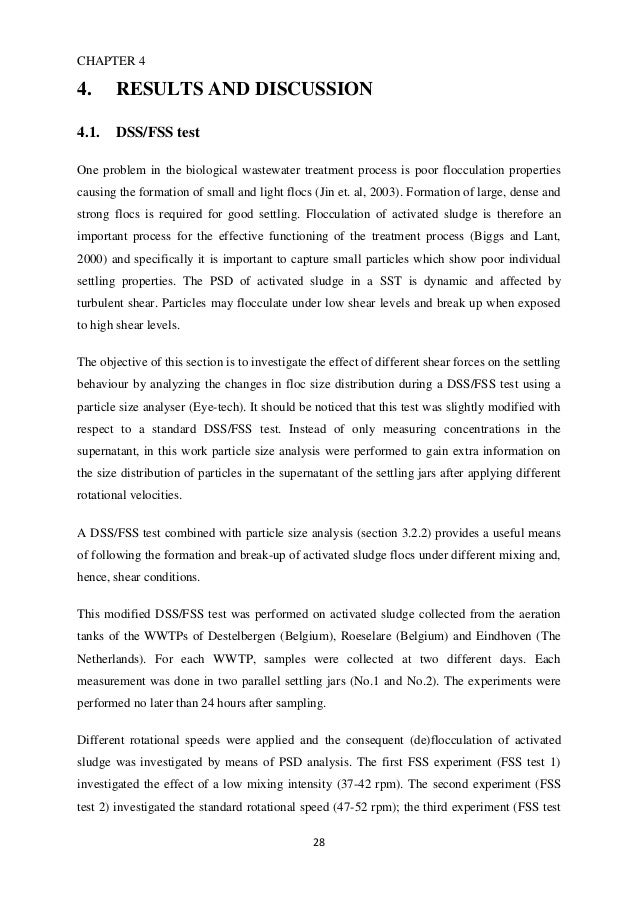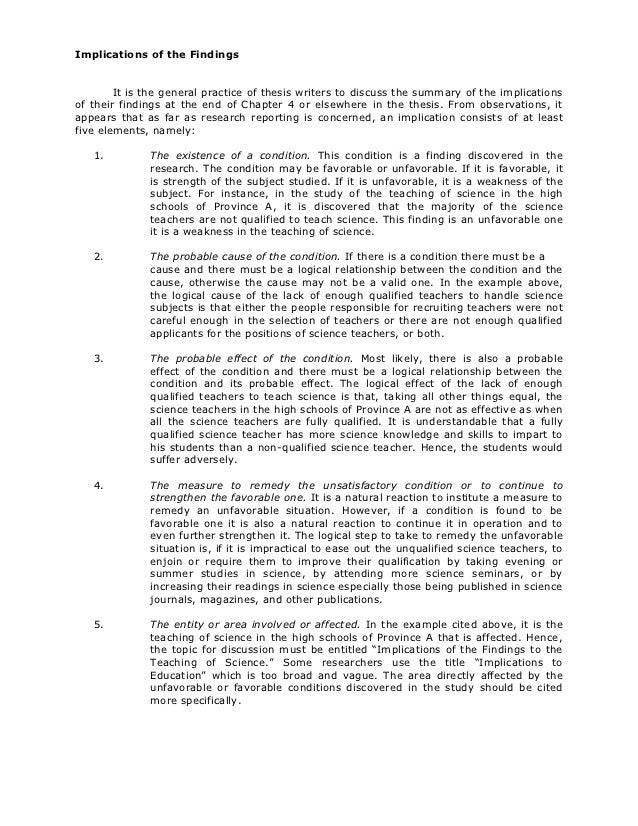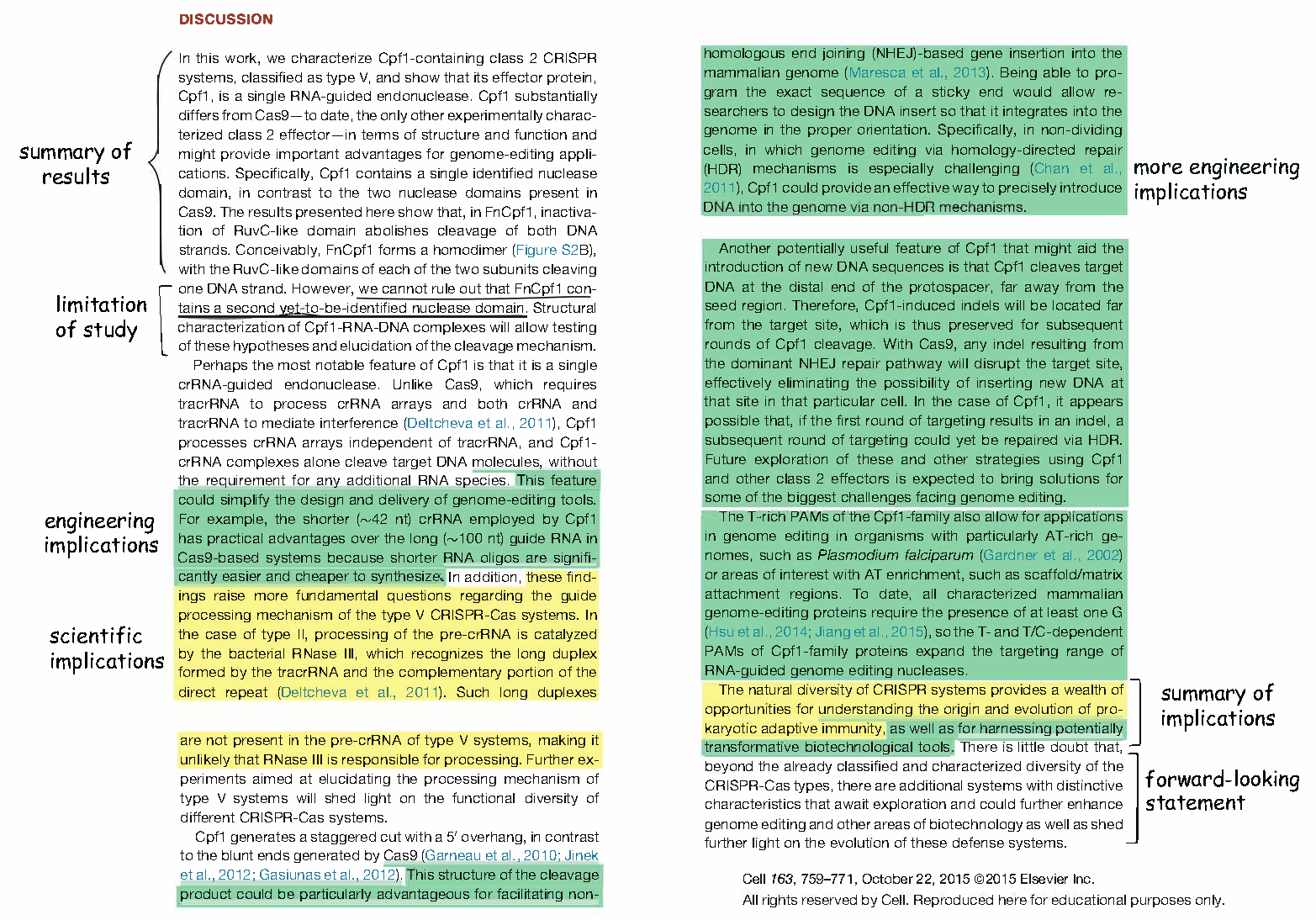
Search over 600,000 words of Thesis Whisperer content
Consider each point. Next, consider each point as a section of the discussion chapter. Look at the order of all your findings to ensure they have a logical sequence. Make sure they support your argument and how they are significant to your PhD thesis topic. Get organised. Organise your thoughts from specific to general · Whether you are writing a PhD, Master’s or Undergraduate level dissertation, the discussion chapter (or section in a shorter dissertation) is going to be one of the most influential. This section is all about how you have 1) answered your research questions and 2) positioned yourself within the larger field of research · in some theses, the discussion of the study, its results and any concluding thoughts will fill more than one chapter: there may be, for instance, a chapter dedicated to discussion and a shorter

Contact info
· What your thesis is about Why it is important How it was conducted How it is laid out Above all, you need to really nail home your contribution. Make it obvious. Put big flashing lights around it and a big arrow that says, ‘HEY THERE, EXAMINER. LOOK HERE. THIS IS THE CONTRIBUTION. SEE HOW GOOD IT IS? GIVE ME MY PHD.’ The discussion section clearly explains what your findings mean, how you got them, and how well they are supported by scientific evidence. By explaining your findings, even a person with no previous industry experience can understand what the results mean and why they are important. Academics may not trust your data or your results · The discussion chapter is where you interpret and explain your results within your thesis or dissertation. This contrasts with the results chapter, where you merely present and describe the analysis findings (whether qualitative or quantitative)

LinkedIn respects your privacy
· in some theses, the discussion of the study, its results and any concluding thoughts will fill more than one chapter: there may be, for instance, a chapter dedicated to discussion and a shorter The discussion section of a thesis should essentially be focused on the following key elements. Interpretations Your discussion should interpret the findings of your research. Tell your readers what the results of your study mean. Although this might be obvious, make sure that you spell out the significance of your findings to the readers · The discussion chapter is where you interpret and explain your results within your thesis or dissertation. This contrasts with the results chapter, where you merely present and describe the analysis findings (whether qualitative or quantitative)

How to Structure an Abstract
· Whether you are writing a PhD, Master’s or Undergraduate level dissertation, the discussion chapter (or section in a shorter dissertation) is going to be one of the most influential. This section is all about how you have 1) answered your research questions and 2) positioned yourself within the larger field of research · in some theses, the discussion of the study, its results and any concluding thoughts will fill more than one chapter: there may be, for instance, a chapter dedicated to discussion and a shorter The discussion section clearly explains what your findings mean, how you got them, and how well they are supported by scientific evidence. By explaining your findings, even a person with no previous industry experience can understand what the results mean and why they are important. Academics may not trust your data or your results
Introduction
The discussion section of a thesis should essentially be focused on the following key elements. Interpretations Your discussion should interpret the findings of your research. Tell your readers what the results of your study mean. Although this might be obvious, make sure that you spell out the significance of your findings to the readers · Whether you are writing a PhD, Master’s or Undergraduate level dissertation, the discussion chapter (or section in a shorter dissertation) is going to be one of the most influential. This section is all about how you have 1) answered your research questions and 2) positioned yourself within the larger field of research · The discussion section of the thesis is the heart of the creative endeavour: it’s where you have to be MOST original. Even if you don’t have a section in your thesis called ‘discussion’ (I didn’t) there will still be places in your thesis where you must explicitly make new knowledge in relation to the data you have collected and your analysis
No comments:
Post a Comment